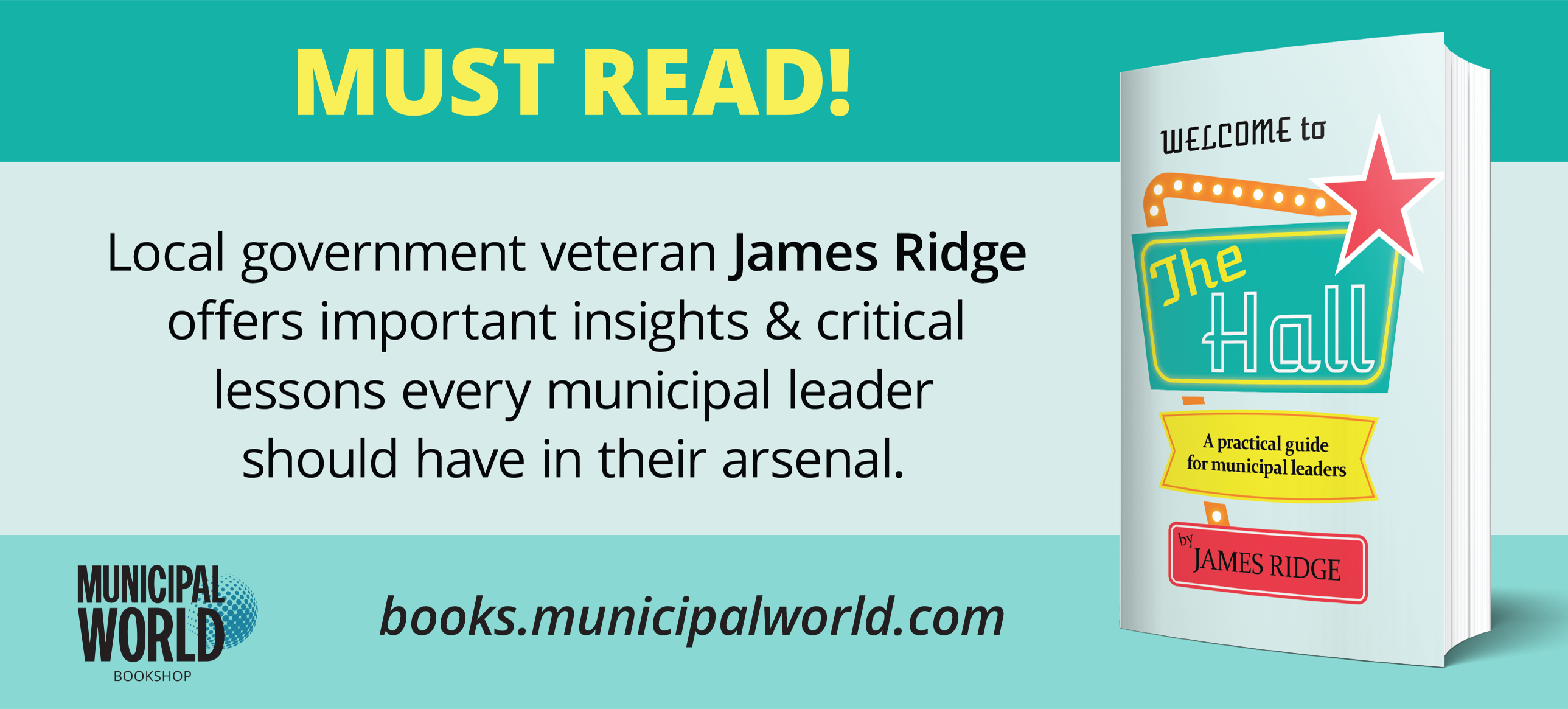Speaking truth to power - there’s no such thing as neutral

As the world seems to spin into ever increasingly dark places, I’ve grown increasingly wary of people – whether newscasters, colleagues, or friends – who strive for neutrality above almost any other value. For starters, I think it’s disingenuous. There is no such thing as neutral. There is no position, no placeholder, that doesn’t carry with it some subjectivity based on our experiences in the world. More importantly, I think it rather denotes a serious lack of courage. How can you pretend to be neutral in a time when increasing polarization is not just about the best way to fund infrastructure, but also about the fundamental rights and dignity of our fellow human beings? As Holocaust survivor and Nobel Laureate Elie Weitzel said, “We must take sides. Neutrality helps the oppressor, never the victim. Silence encourages the tormentor, never the tormented.” On a more practical level, if someone says it’s raining, and someone else says we’re experiencing the drought of a lifetime, it’s not useful to treat each statement as equally valid. Instead, we need to look out the window and look for the truth.
As public servants, our first job is to tell the truth: about the current state of affairs; about how much it takes to support a community’s goals and dreams (and what those goals and dreams represent in real terms); about the challenges of prioritizing which things will get attention today or tomorrow, or possibly not until a decade from now; and about our own fallibility as human beings who are just trying to get it right. In an excellent piece from the Globe and Mail in June 2018, Ralph Heintzman (senior fellow of Massey College at the University of Toronto and former head of the federal Office of Public Service Values and Ethics) presented a thoughtful exploration of the declining ability of professional staff to “speak truth to power” within the Canadian civil service. It’s a must read for anyone working in any order of government. I insist you track it down and read it now. I’ll wait.
You’re back? Or have you skipped ahead? Okay, well, the TL;DR (Too Long; Didn’t Read) summary of Heintzman’s argument is: while civil servants/administrative staff must not be politically partisan, if they are ever to “speak truth to power,” they must work with great candor and passion, taking concrete positions on both the goals of public policy and the means of achieving those goals. We are never absolved of the responsibility for steering the ship, as well as doing the hard work of figuring out where to set the compass to begin with … to do this, we must hold trust as our ultimate value.
How can your community, peers, friends, children, or colleagues trust you if you’re always hedging your bets or sitting on the fence? And make no mistake, if you insist on living and working from a position of (false) neutrality, that’s exactly what you’re doing. It’s somewhat like the old adage of being “socially liberal and fiscally conservative.” That’s an oxymoron. It’s impossible. Claiming that position means that you believe in supporting social policies that lift people up only so far as there is not even a minor economic inconvenience. It’s a position that plays at neutrality, but really reveals an unwillingness to confront systemic privilege in any meaningful way.
There is no neutral gear when it comes to the important things in our lives. You cannot slide sideways into a rewarding career, a lasting relationship, or a meaningful sense of self. There is similarly no coasting into a thriving future for our communities. There’s really only two gears: forward and reverse. And, if we’re not pushing forward on the things that really matter and keeping close and constant watch over our path, we are always at risk of slipping into reverse. Constant vigilance and never taking our feet off the gas are the only cure for not allowing injustice, inequality, and regressive, retaliatory behaviour to become normal.
Somehow, we must overcome the notion that all opinions and positions are worth entertaining if we are ever going to get to a place where we truly speak truth to power, and where the public feels confident placing their trust in our abilities to argue for and defend the goals of good government and public stewardship. We have to stop giving equal airtime to bigots, misogynists, racists, and otherwise hateful people as if their denial of the basic humanity of people who do not look like them is the same as disagreeing about the best way to fund infrastructure. We also have to somehow work to overcome the incredibly worrying trend that has many people convinced it’s worth entertaining hatred in order to achieve some strange perceived economic goal. It’s not. Full stop. Hatred and oppression, as basic operating principles, are not only morally abhorrent, they are also bad for business. We all win when women are equal partners at home and at work, when we support immigrants in successfully building new homes and lives in our communities, and when we invest in policies and programming that do more than scratch the surface of our values. That’s a powerful public service – and one I hope we shift into high gear to build together. MW
as published in Municipal World, October 2018
✯ Municipal World Insider and Executive Members: You may also be interested in reading Ashleigh’s article The art of showing up. Note that you can now access the complete collection of past articles by Ashleigh Weeden (and more) from your membership dashboard.
Ashleigh Weeden, MPA, is an award-winning community engagement practitioner and whole-hearted public servant who works with creative leaders to produce positive, meaningful change in ourselves and our communities. A lifelong Amy Poehler fan, Ashleigh’s motto is “The doing is the thing,” and she enjoys working with productive mischief-makers to make great, big things happen.
Related resource materials:


